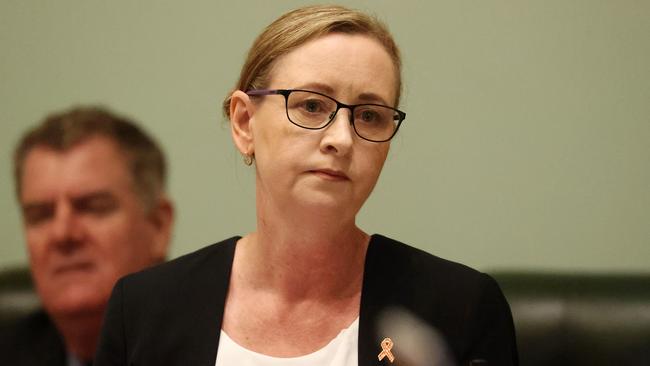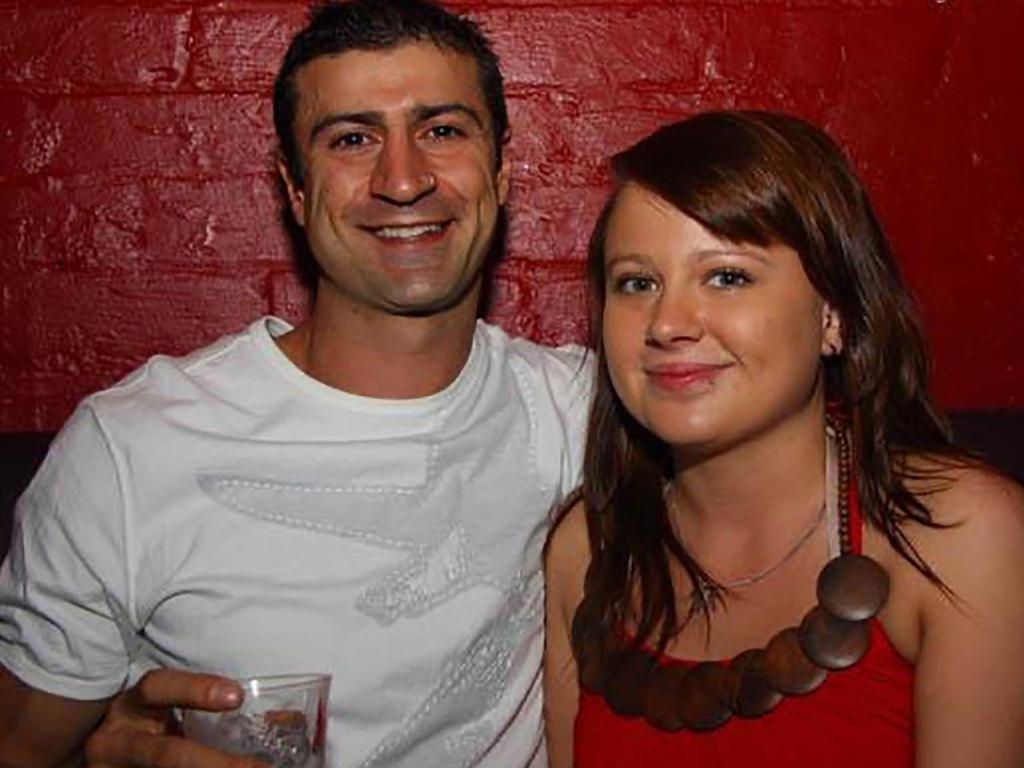Lab’s false evidence imperils 1200 cases
More than 1000 Queensland criminal cases are in doubt after forensic scientists at the government-run DNA lab made false statements in court.

Doubt has been cast over more than 1000 Queensland criminal cases after forensic scientists at the government-run DNA laboratory made false statements in court for the past five years.
Retired Court of Appeal president Walter Sofronoff, who is overseeing a royal commission-style inquiry into the lab, made interim findings in September that scientists had made “untrue” statements to courts, prosecutors and victims of crime since early 2018.
The lab was ordered to compile a list of affected cases for police, and on Thursday Health Minister Yvette D’Ath told parliament there had been 1840 misleading statements made in court.
Queensland Health later revealed there were 1260 court cases affected by the incorrect statements, casting doubt over convictions and acquittals.
“First, you have to identify those samples, then they need to be prioritised as far as ongoing cases, past cases, matters that had not progressed to charges or to any prosecutions,” Ms D’Ath said. “Then it needs to be determined whether those tests need to be done or whether there were other samples that related to that case such that it is not necessary to go back to particular samples.”
Since 2018, if samples fell below Queensland’s unusually high testing threshold, they were reported by the lab as having “insufficient DNA” or “no DNA detected” to police and in the formal evidence statements scientists gave in court.
In his interim report, Mr Sofronoff found it was possible to extract “either a full or partial profile” below the threshold, meaning statements routinely produced by the lab were untrue.
Under questioning from the LNP in parliament on Thursday, Ms D’Ath said the misleading statements would be corrected.
“We have been working with stakeholders about the format in which those new statements should be issued,” she said.
“Statements will start being replaced or issued quite shortly.”
Attorney-General Shannon Fentiman said the state would urgently resolve any cases where there has been a miscarriage of justice and confirmed that there might be appeals.
Queensland’s testing threshold, exposed in The Australian’s investigative podcast series Shandee’s Story, has been a focus of Mr Sofronoff’s $6m inquiry but similar doubts have been cast on cases dating back to 2013.
The inquiry last week heard the lab was experiencing catastrophic flaws – including a faulty dishwasher and poor processes – at the time it failed to find any useful evidence in Shandee Blackburn’s February 2013 murder investigation.
Blackburn, 23, was murdered in a stabbing attack as she walked home from work in Mackay.
The health department’s lab was unable to find any DNA on some swabs taken from her body and at the crime scene, including a large pool of blood in a gutter.
There was also no DNA found in samples taken from parts of the vehicle used by the main police suspect, her former boyfriend John Peros, that had tested presumptively positive to blood.
Mr Peros was acquitted by a jury, but a coroner later found he was responsible for Blackburn’s death.
He denies any wrongdoing.
The state opposition on Thursday called for a second inquiry to support victims failed by the lab fiasco, with Mr Sofronoff’s probe due to make final recommendations to government on December 13.
Liberal National Party justice spokesman Tim Nicholls said a reconstituted inquiry should receive and investigate complaints by victims who believe their matter may have been affected by the lab failings.
“The commission should also monitor the progress of those matters where a failure of the lab has been identified and most importantly, it should provide advice and ongoing support to victims of crime so they can be satisfied their matter has been properly heard and investigated.
“This will ensure no one is forgotten or left behind and is given every chance to see justice served.
“This is one of the most catastrophic failings of an institution in Queensland’s history.”
Ms Fentiman said a government taskforce, set up in September, was already reviewing impacted cases.
“There is a huge amount of work under way, not only in relation to witness statements and preparing new statements for those matters but also retesting individual samples,” she said.
“We will urgently resolve any cases where there has been a miscarriage of justice – there may be some appeals that come from this.”
Opposition spokeswoman for the prevention of sexual violence Amanda Camm said she had been contacted by a victim who was being denied access to her own forensic report.
Ms Camm said the woman called the government’s DNA hotline but was given no help.
Ms Fentiman said that was “absolutely not acceptable”.
“There have been a number of calls made to the hotline; if someone has had an unacceptable experience, please let us know so we can fix it.
“Please get in contact with my office.”







